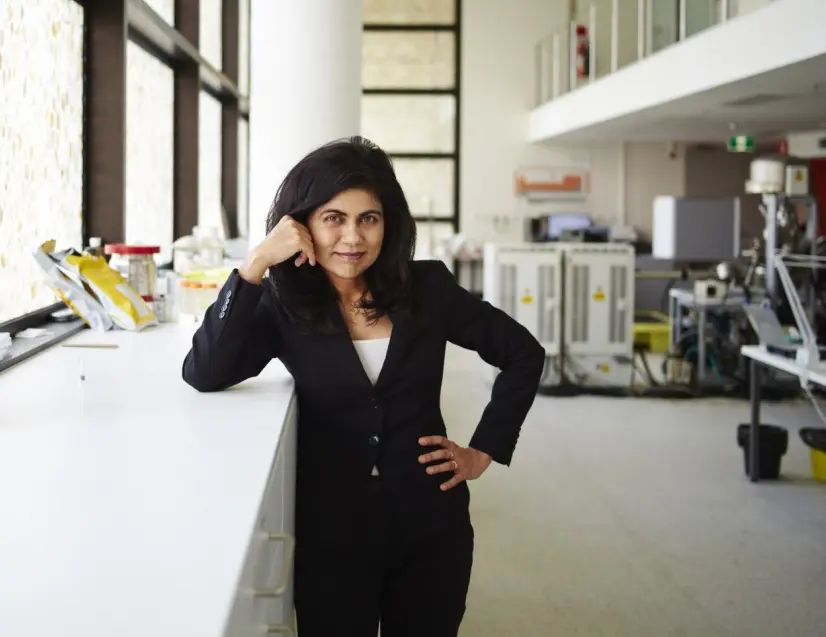Australia: A term you will read a lot more about in the near future is “microfactory”. Recycling process innovator Professor Veena Sahajwalla is pioneering modular-based factories that can transform the components from electronic devices into valuable metal alloys such as copper.
‘The microfactory concept shakes up the core of our thinking about recycling by synthesising materials that are superior to what the waste was,’ says Veena Sahajwalla of the University of South Wales in Australia. Her work for the university’s Centre for Sustainable Materials Research and Technology has already resulted in several e-scrap microfactories that can safely process hazardous electronic scrap from households and industrial sources.
No more burden
‘The material is recycled into high-grade metal alloys while converting glass and plastics into micromaterials that can be used in industrial grade ceramics and plastic filaments for 3D printing,’ comments Professor Sahajwalla. Ultimately, the microfactory was created to turn a ‘waste burden’ into a profitable new industry.
‘At the moment, we are in exploring how microfactories can empower local communities and towns so the technology can be used outside of major urban areas,’ she tells Recycling International. ‘We are also investigating products that can be produced from green microfactories such as mixed waste panels and glass that can be used in construction.’
Professor Sahajwalla is eager to scale up her innovative work, noting that her team has already in partnered-up with recycler TES and mining manufacturer Moly-Cop. She believes that e-scrap offers a ‘huge scope and promise’ for recycling.
‘Do not limit yourself’
Envisioning the future, Professor Sahajwalla forecasts one definite outcome: ‘We will expand in our capacity and ability to recycle and generate new materials from waste.’ In order to succeed in this mission, however, she advocates the importance of ‘not limiting yourself to conventional recycling methods’.
Addressing the wide-eyed and curious young engineers and entrepreneurs on the verge of stepping into the recycling sector, she has a very clear message: ‘Keep persevering with ideas and their applications – speak out when you must and make sure your voice is heard, even when it is difficult. There are many competing voices out there but maintaining confidence and conviction is key to having your ideas realised.’
Don't hesitate to contact us to share your input and ideas. Subscribe to the magazine or (free) newsletter.



